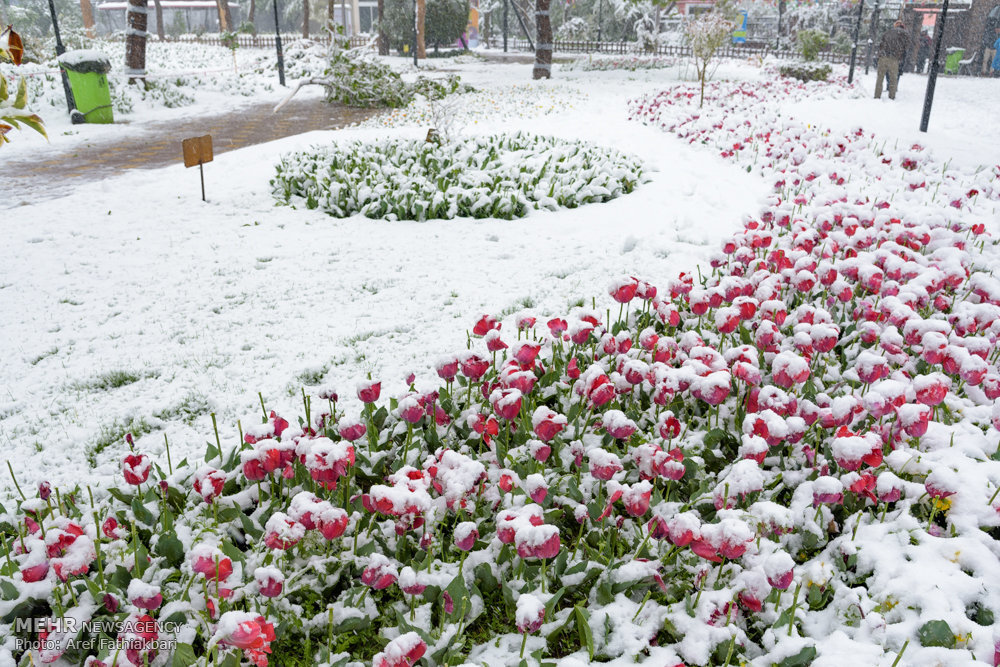Does the recent precipitation compensate for the driest autumn and winter?

TEHRAN — While 13 provinces of Iran were poured with rain or even blanketed with snow last week, some are starting to hope that heavy rain and snowfall may compensate for the driest winter and autumn, but the answer is not so much so far.
According to the data released by Iran Water Resources Management Company, precipitation exceeded some 10 billion cubic meters from evening of April 11 to evening of April 13, which was unprecedented for a 2-day period.
The country’s meteorological organization has announced on average the whole country reported below-average rainfall- less than 45 percent of the average compared to the same period in the long run (a period of 30 years) which makes the winter and autumn one of the driest seasons in the aforesaid period.
The recent rainfall and snowfall have also contributed to some 6-millimeter increase in precipitation rate of the country, the report continued.
Since the beginning of the past water year (September 23) up to April 11 precipitation volume was some 170 billion cubic meters which increased to some 181 billion cubic meters over the past few days.
According to Tasnim news agency, the volume of the country’s precipitation over the same period a year before that (September 2016 to March 2017) was some 330 billion cubic meters which indicates a 46 percent year on year drop.
This means that there is a long way to compensate for the lack of rain and meeting normal averages. So the answer to the question of whether the weather is fine is not yet but maybe later.
However, despite the fact that Climatological Research Institute of Iran has recently announced that Iranian should expect higher than average temperatures as well as less precipitation for the current year eminent meteorology professor Hossein Ardakani has said that rainfalls will continue for the next two months.
“Moreover, the summer will be two to three degrees cooler,” Fars news agency quoted Ardakani, Iran’s father of meteorology, as saying on Tuesday.
Earlier in February, Ardakani told Tasnim news agency that meteorological patterns demonstrate that the country will receive appropriate amounts of rainfall in the upcoming spring and it will compensate for the lack of precipitation in autumn and winter.
So far his predictions turned out to be half correct, but the numbers don’t lie. We are behind the schedule and we all hope that we make it in time before we face severe water shortage in summer.
MQ/MG
Leave a Comment